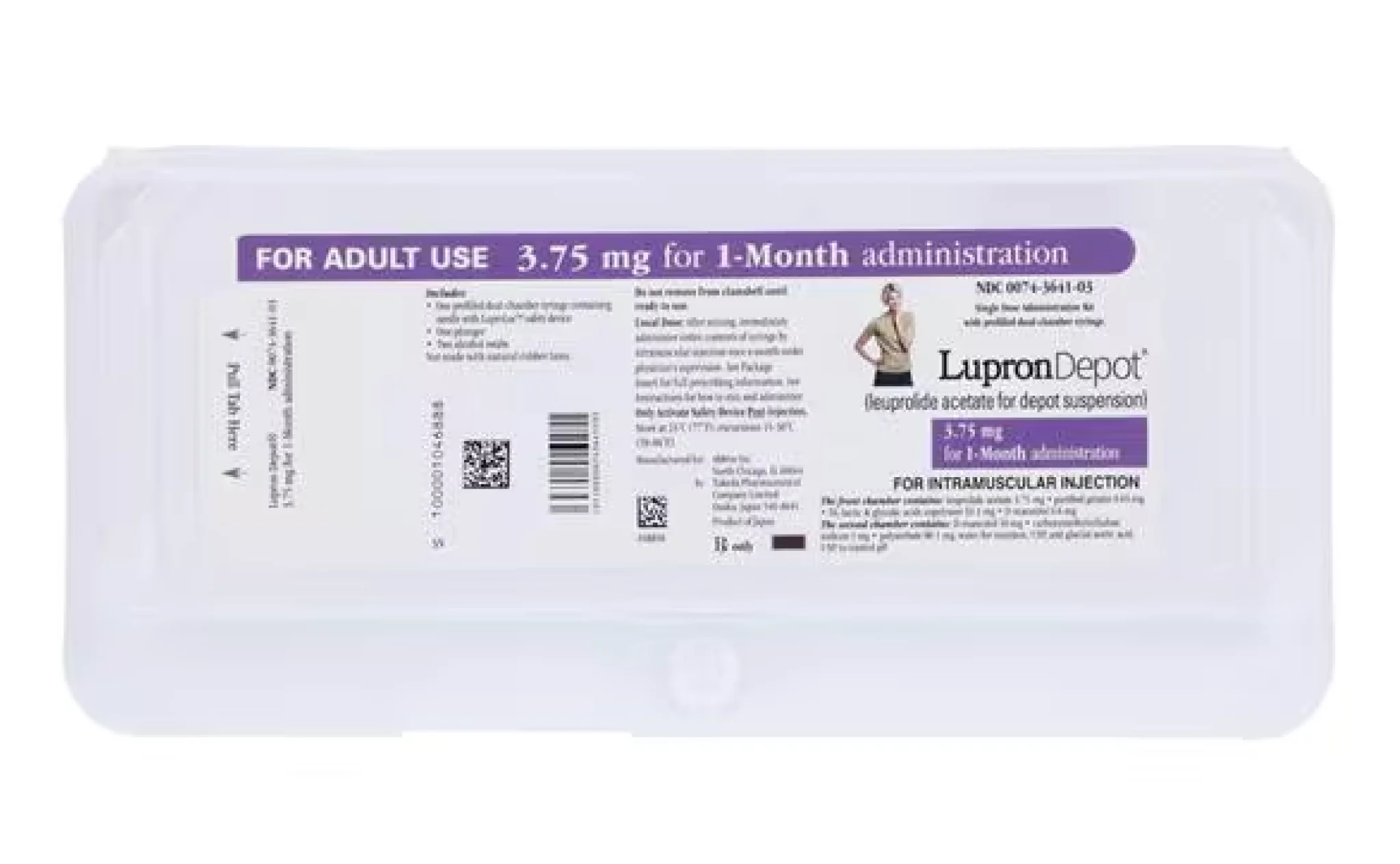
Lupron and Prostate Cancer: How Lupron Helps in Treatment
Last Updated on November 27, 2025
Prostate cancer is one of the most common cancers among men. For those diagnosed with advanced or metastatic prostate cancer, effective treatments are crucial in managing the disease. One of the primary medications used in prostate cancer treatment is Lupron (leuprolide acetate), a hormone therapy that helps to lower testosterone levels, which play a key role in the growth of prostate cancer cells. This article will talk about how Lupron works, its effectiveness, and potential side effects in the treatment of prostate cancer.
What is Lupron?
Contents
Lupron is a medication that belongs to a class of drugs known as gonadotropin-releasing hormone (GnRH) agonists. It works by significantly reducing the body’s production of testosterone, a hormone that prostate cancer cells often rely on for growth. Administered through injections, either monthly or every few months, Lupron is commonly used in the treatment of prostate cancer, particularly in advanced or metastatic cases.
Why is Testosterone Important in Prostate Cancer?
Testosterone is crucial for the growth of prostate cancer cells. Prostate cancer is often androgen-dependent, meaning the cancer cells need androgens like testosterone to grow and spread. By lowering testosterone levels, Lupron effectively decreases the fuel that the cancer cells require, helping to slow or shrink the tumor and manage the progression of the disease.

How Does Lupron Work for Prostate Cancer?
Lupron works through androgen deprivation therapy (ADT). Initially, it causes a temporary surge in testosterone levels, but after a few weeks, it leads to a significant reduction. This drop in testosterone levels helps slow or stop the development of prostate cancer. Lupron can be used as a first-line treatment for advanced prostate cancer or as part of a combination therapy with other treatments like radiation or chemotherapy to improve their effectiveness.
Lupron’s Role in Advanced Prostate Cancer
For men with metastatic prostate cancer, where the disease has spread beyond the prostate, Lupron plays an essential role in controlling the cancer. By lowering testosterone, it helps manage symptoms, slow the cancer’s growth, and, in some cases, shrink tumors. Lupron is often part of a larger treatment plan, offering patients symptom relief and potentially extending survival.
Effectiveness of Lupron
Lupron is highly effective in managing prostate cancer, especially in advanced stages. However, over time, some patients may develop castration-resistant prostate cancer (CRPC), a condition where the cancer becomes less responsive to hormone therapy. In these cases, additional therapies like chemotherapy or newer targeted treatments may be required.

Potential Side Effects of Lupron
While Lupron is an effective treatment, it can come with potential side effects, such as hot flashes, decreased libido, fatigue, weight gain, and mood changes (including depression or irritability). Long-term use may also lead to bone thinning (osteoporosis). It’s important for patients to discuss these side effects with their healthcare provider, should they occur, you can seek ways to manage and alleviate many of them.
Lupron is a crucial part of prostate cancer treatment, particularly for patients with advanced or metastatic prostate cancer. By lowering testosterone levels, it helps slow the progression of the disease, manage symptoms, and improve survival rates. If you or a loved one is considering Lupron as a treatment option, or has more questions about prostate cancer therapies, consult with your healthcare provider to understand the benefits and potential risks. At Tel Aviv Pharmacy, we’re here to offer expert advice and trusted medications to support your health journey.









Add comment